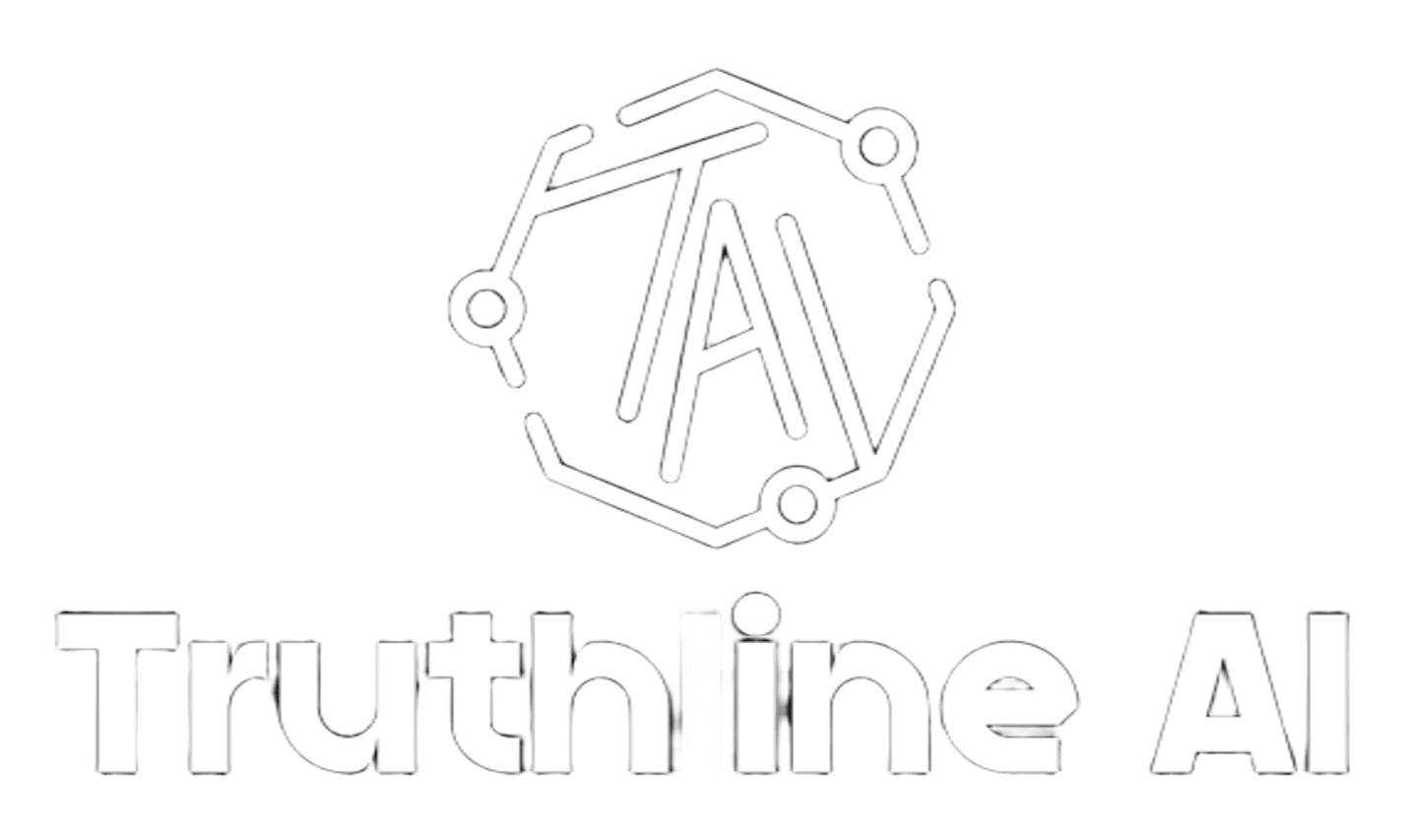Summary of The Business Daily Newspaper -July 25,2025
Page 1 : Reports that wealthy Kenyans are actively buying high-end seized properties at auctions amid economic struggles for lower-income earners, while Kenya faces challenges securing external funding without IMF or World Bank backing. Proposed changes may soon insure Sacco deposits to protect members’ savings.
Page 2 : Notes that Kenya’s higher education funding model is flawed, with undeserving students receiving aid while qualified ones miss out due to poor system integration and lack of coordination. Marginalized students face additional barriers, worsening inequities.
Page 3 : Highlights that KRA is upgrading its cargo system (iCMS) with AI to boost efficiency after reducing clearing times by 60% in 2021. Meanwhile, Nairobi’s high-end land prices are rising faster than in satellite towns, reflecting middle-class economic pressures.
Page 5 : Reveals Kenya’s proposal for a Deposit Guarantee Fund (DGF) to insure sacco deposits, mirroring commercial bank protections, with Parliament reviewing the bill to safeguard over Sh1.3 trillion in member savings.
Page 6 : Notes that BAT Kenya doubled its interim dividend to Sh10 per share after a 39.7% profit rise to Sh2.98 billion, driven by cost-cutting and favorable exchange rates, despite flat revenues and challenges from illicit trade.
Page 8 : Reports on a US-brokered Congo peace deal critical for Trump’s mining interests, facing hurdles as Rwanda demands FDLR rebel neutralization. The UN accuses Rwanda of using rebels as a pretext to control minerals.
Page 12 : Emphasizes Kenya’s untapped agricultural potential, urging integration of forward and backward value chains including packaging to compete globally, requiring policy and regulatory support for market access.
Page 13: Details Kenya’s Finance Act 2025 VAT reforms, shortening claim periods to 12 months and extending processing to 120 days, aiming to balance efficiency with compliance while aligning with global standards.
Page 14 : Warns that Kenya’s rising domestic borrowing (nearly 4% of GDP yearly) risks crowding out private credit as banks favor government securities, straining debt affordability despite better financing conditions.
Page 19 : Profiles Ken Njoroge, Cellulant founder, who now mentors African entrepreneurs via PANI after overcoming burnout, reflecting on his journey from Nakuru to tech success and life’s deeper questions.
Page 21 : Describes the Kenya Cultural Centre’s County Theatre Fiesta, decentralizing theatre by training local artists and staging performances outside Nairobi, sparking grassroots movements and county-level investment.
Page 24 : Argues Kenya’s tourism must pivot from traditional attractions to personalized experiences via skilled hospitality workers to compete with top African destinations, prioritizing service quality and cultural authenticity.
